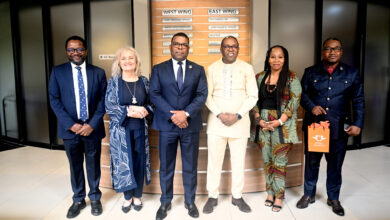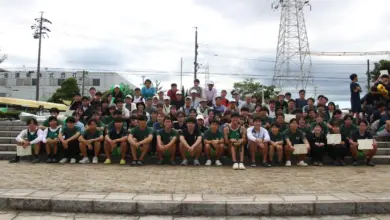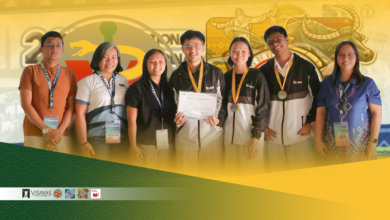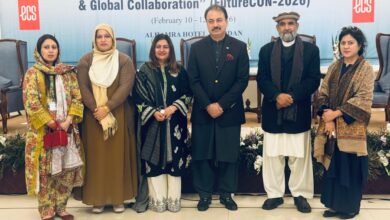Bridging Sectors and Building Trust: Insights from Minister Ong Ye Kung’s Dialogue
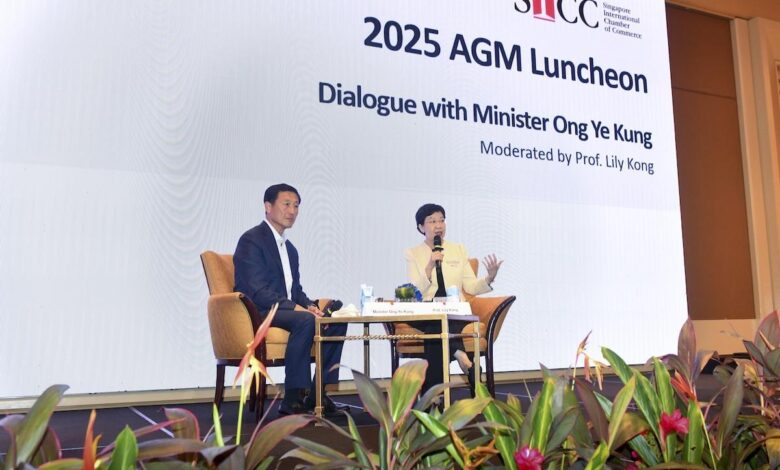
During the 2025 Annual General Meeting Luncheon of the Singapore International Chamber of Commerce (SICC) held on June 27, a dialogue featuring Mr. Ong Ye Kung, Singapore’s Coordinating Minister for Social Policies and Minister for Health, was moderated by Professor Lily Kong, President of Singapore Management University (SMU). This dialogue addressed crucial issues related to Singapore’s future, including workforce resilience, demographic changes, and the imperative of lifelong learning in the face of global challenges.
The Event Overview
The event gathered senior leaders from various sectors, including government, business, and non-profits. Professor Kong opened the discussion by underscoring the significance of adapting to complex societal transformations in order to foster prosperity.
Thematic Discussion
In the closing remarks, Professor Kong distilled the conversation into two primary themes. The first theme addressed Singapore’s internal transitions, highlighting issues such as the aging population, increasing healthcare requirements, and the need for societal support structures pertaining to caregiving, retirement, and lifelong education. These matters were framed within broader contexts of well-being and intergenerational responsibilities.
The second theme focused on external challenges facing Singapore, including geopolitical rivalries and changing trade dynamics. Minister Ong highlighted the necessity for Singapore to uncover opportunities amidst uncertainties and outlined four key pillars for enhancing national resilience: Health, Tax, Retirement, and Lifelong Learning (HTRL).
Health and Lifelong Learning
In relation to health, Minister Ong emphasized the importance of promoting preventive health measures and healthy aging to sustain productivity and well-being, especially with a growing elderly demographic. On the topic of tax policy, he noted the need for long-term fiscal sustainability through innovative taxation strategies and prudent reserve management to address escalating social expenditures. He also pointed out that reforms in retirement and re-employment policies can help senior citizens remain active and engaged. Lifelong learning initiatives have become increasingly important, as Singapore’s educational institutions adapt to provide continuous education that enhances workforce adaptability.
Care Systems and Gender Equality
Additionally, the dialogue highlighted the importance of care systems, such as mental health and eldercare, as vital components of national resilience in response to an aging society.
Minister Ong addressed fertility issues and workforce participation, indicating that boosting fertility would necessitate systemic changes. He advocated for a gender-equal society that supports women’s roles in both caregiving and professional capacities.
Response to COVID-19
The conversation also reviewed Singapore’s response to COVID-19, noting that simplifying regulations and fostering trust among citizens helped cultivate a sense of responsibility and community resilience.
Geopolitical Strategies
On the international front, the dialogue explored Singapore’s strategies for managing geopolitical tensions and evolving trade relationships. Minister Ong provided insights into the long-term implications of recent developments, emphasizing Singapore’s proactive approach through a robust network of free trade agreements and its role as a secure hub for international commerce.
Looking Forward
The discussions concluded with a forward-looking perspective, as Professor Kong prompted Minister Ong to consider the implications of the ‘Asian century,’ which has unfolded in three phases: rapid economic growth in East Asia, the rise of China, and the ongoing emphasis on intra-Asian trade and demographic issues. Minister Ong indicated that while growth rates may decelerate, the ability of societies to adapt to change will be critical in determining the region’s relevance.
Commitment to Lifelong Learning
Throughout the dialogue, a strong commitment to lifelong learning was identified as a fundamental value essential for economic resilience and social cohesion. Professor Kong stressed the importance of collaboration among businesses, government, and educational institutions to foster a culture of trust, adaptability, and a lasting commitment to education.
(Source: SMU News)

